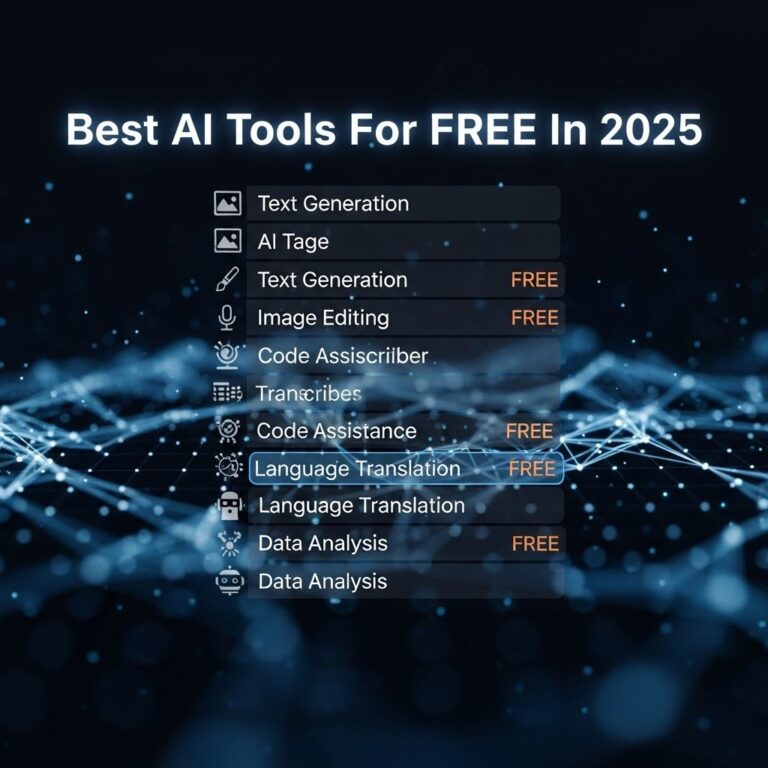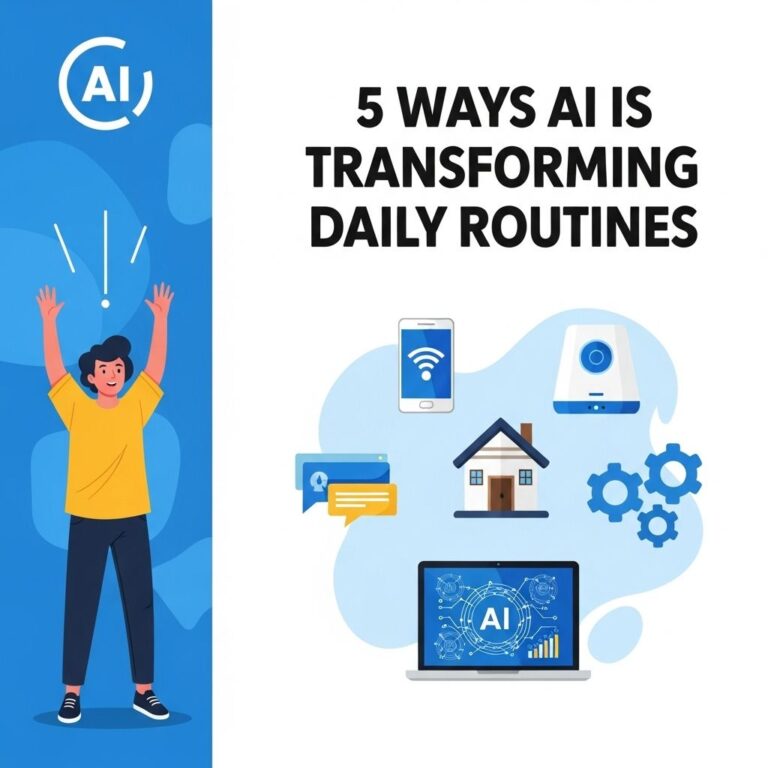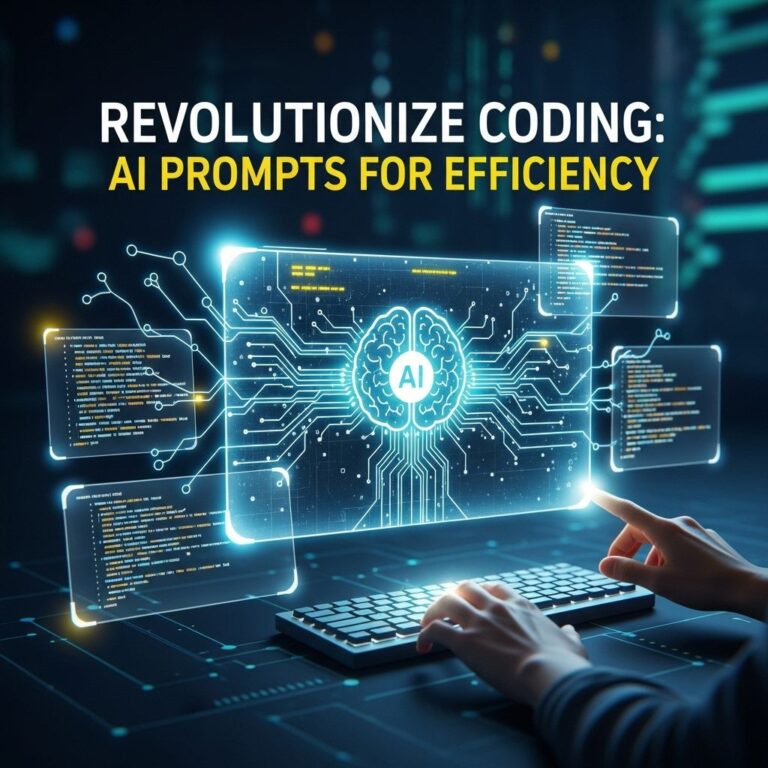In today’s fast-paced digital landscape, the demand for efficient coding practices is at an all-time high. As software development evolves, incorporating artificial intelligence (AI) into coding practices has emerged as a game-changer. AI automation tools not only accelerate development processes but also enhance code quality, reduce human error, and allow developers to focus on strategic problem-solving. This article explores the transformative impact of AI automation tools on the coding landscape.
Table of Contents
Understanding AI Automation in Coding
AI automation refers to the use of artificial intelligence technologies to perform repetitive tasks that typically require human intervention. In coding, these tools can assist developers in various ways, from code generation to bug detection and more. Here are some key areas where AI automation tools excel:
- Code Generation: Automates the creation of code snippets or entire functions based on defined parameters.
- Code Optimization: Suggests improvements in existing code for better performance and efficiency.
- Bug Detection: Identifies potential bugs and suggests fixes before they escalate.
- Testing Automation: Streamlines the process of writing and executing tests for software applications.
The Benefits of AI Tools in Software Development
Incorporating AI into software development offers a myriad of benefits. Below are some of the most significant advantages:
1. Increased Efficiency
AI tools can automate time-consuming tasks, freeing up developers to focus on more complex and creative aspects of coding. This increased efficiency can lead to faster project completion times and reduced time-to-market for software products.
2. Enhanced Code Quality
With AI tools continuously learning from vast datasets, they can suggest best practices and coding standards, resulting in cleaner and more maintainable code. This enhancement significantly reduces technical debt over time.
3. Continuous Learning and Improvement
AI systems can learn from previous code and user inputs, improving their suggestions and capabilities over time. This continuous learning cycle means that the tools will only get better, adapting to new coding trends and methodologies.
Popular AI Automation Tools for Developers
There are several AI automation tools that have gained popularity within the development community. Below is a selection of some of the most impactful tools currently available:
| Tool Name | Description | Key Features |
|---|---|---|
| GitHub Copilot | An AI-powered code completion tool by GitHub. | Contextual code suggestions, supports multiple languages, integrates with IDEs. |
| Tabnine | A code completion tool that uses deep learning to provide suggestions. | Predictive text completion, customizable model training, multi-language support. |
| DeepCode | An AI code review tool that finds bugs and suggests fixes. | Real-time feedback, supports various languages, integrates with CI/CD pipelines. |
| SonarQube | A tool for continuous inspection of code quality. | Static code analysis, identifies vulnerabilities, tracks code quality over time. |
Integrating AI Tools into Development Workflows
To maximize the benefits of AI automation tools, developers need to integrate them effectively into their existing workflows. Here are some strategies to consider:
1. Assessing Current Workflow
Perform a thorough assessment of your current development process. Identify repetitive tasks that could benefit from automation, as well as areas where code quality is lacking.
2. Choosing the Right Tools
Based on your assessment, choose the AI tools that best fit your team’s needs. Consider factors such as:
- Compatibility with existing technologies
- Ease of integration
- Cost and licensing
3. Training and Onboarding
Ensure that your development team receives adequate training on how to utilize the AI tools effectively. This can include workshops, tutorials, and ongoing support to foster a smooth transition.
4. Monitoring and Evaluation
After integration, continuously monitor the performance of the AI tools. Collect feedback from developers and analyze productivity metrics to evaluate effectiveness. Make adjustments as necessary for optimal performance.
Challenges and Considerations
While the benefits of AI in coding are significant, there are challenges that developers must navigate:
1. Dependency on AI
There is a risk that developers may become overly reliant on AI tools, potentially leading to a decline in fundamental coding skills. It is crucial to maintain a balance between utilizing AI and honing coding expertise.
2. Data Privacy and Security
AI tools often require access to large datasets for training. Developers must be mindful of how data is used and ensure that privacy and security measures are in place.
3. Bias in AI Algorithms
AI tools can sometimes propagate biases present in their training data. Developers should remain vigilant and critically assess suggestions offered by AI tools to avoid perpetuating errors in code.
The Future of Coding with AI Automation
As AI continues to advance, the landscape of coding will undoubtedly evolve. Future trends may include:
- Greater Collaboration: Expect to see more tools that facilitate collaboration between human developers and AI systems, making the coding process more interactive.
- Improved Natural Language Processing: Enhanced understanding of natural language may allow developers to write code using natural language commands.
- Integration of AI in Education: AI tools could play a significant role in teaching coding, offering personalized learning experiences based on individual progress.
Conclusion
AI automation tools have the power to transform the coding landscape, enhancing efficiency, code quality, and developer satisfaction. By understanding the capabilities of these tools and integrating them thoughtfully into existing workflows, development teams can unlock new levels of productivity and innovation. As we look to the future, the partnership between human developers and AI will continue to shape the evolution of software development.
FAQ
What are AI automation tools for coding?
AI automation tools for coding are software applications that leverage artificial intelligence to streamline and enhance the coding process. They can assist in tasks such as code generation, debugging, and optimization.
How can AI automation tools improve my coding skills?
AI automation tools can improve your coding skills by providing real-time feedback, suggesting best practices, and automating repetitive tasks, allowing you to focus on more complex problems.
Are AI automation tools suitable for beginners?
Yes, AI automation tools are suitable for beginners as they can simplify coding tasks, provide learning resources, and help users understand programming concepts through guided assistance.
What are the benefits of using AI in coding?
The benefits of using AI in coding include increased productivity, reduced error rates, enhanced code quality, and the ability to learn and adapt to different programming languages and frameworks quickly.
Can AI automation tools be integrated with popular coding environments?
Yes, many AI automation tools can be integrated with popular coding environments and IDEs, allowing developers to enhance their workflow without disrupting their existing setup.
How do I choose the right AI automation tool for coding?
To choose the right AI automation tool for coding, consider factors such as your specific needs, the programming languages you use, compatibility with your development environment, and user reviews.









